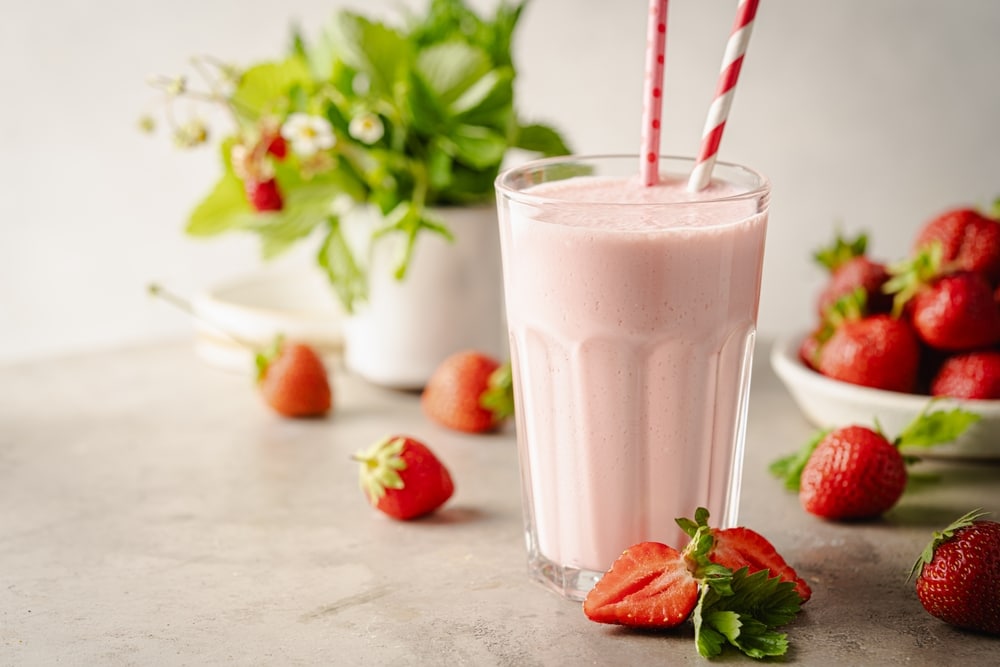All You Need To Know About Liquid Calories And Their Effects On Health
Adopting a healthier lifestyle often starts with the food you choose, but the calorie-laden beverages you sip can also play a sneaky role in your total calorie consumption, affecting your satisfaction and nutritional intake. Insight into the role of liquid calories is essential for informed hydration and dietary practices.
Exploring the Concept of Liquid Calorie Consumption
Liquid calorie consumption is about ingesting drinks with high-calorie contents that are easy to overlook in terms of their nutritional significance compared to solid food. The calories from beverages can add up quickly, leaving you less filled than you might be from equivalent solid foods. Examples of caloric culprits include soda pop, sugary specialty coffees, and fruit juice blends.
Common High-Calorie Drink Categories
A myriad of drinks can be hidden sources of excessive calories, loaded with sugar, fat, or both, which can go unnoticed.
- Sweetened beverages: Sodas, energy drinks, sugar-enhanced teas, and juices often contain “empty calories” due to their high processed sugar content. A single soda can offers around 140 calories, primarily from sugar.
- Alcohol: The caloric impact of alcoholic drinks derives from their alcohol and sugar components. Sugar-laden cocktails pack a hefty caloric punch; a single margarita may equal nearly 300 calories.
- Coffee and tea creations: Trendy coffee drinks like lattes and flavored blends can possess high caloric counts due to syrups, whipped toppings, and milk or cream. One coffee shop visit could add an extra 500 calories or more to your intake based on the size and content of the drink.
- Smoothies and shakes: While smoothies made with purely whole fruits can be full of nutrients, the addition of sweeteners, syrups, and richer ingredients like ice cream can inflate the calorie tally.
- Nutrient-dense shakes: Designed to be filing, some meal replacement and protein shakes are intentionally calorie-rich to provide substantial energy and nutrients. However, their calorie counts can vary widely.
Potential Health Effects of Consuming Beverages with High Caloric Content
Consistently drinking a substantial amount of your calories, particularly from sugary or high-fat drinks, can pose several health challenges:
Excess Weight
As drinks generally provide less satiety than food, this can lead to overeating to feel full, which may contribute to the accumulation of excess weight over time, particularly if these drinks are consumed alongside regular food portions.
Greater Disease Risk
Regularly indulging in sugar-sweetened drinks is associated with heightened obesity risk, type 2 diabetes, and cardiovascular conditions. High sugar intake could also pave the way to insulin resistance and metabolic disorders.
Vitamin and Mineral Shortfalls
Depending on calorie-laden drinks can leave your body craving the vital nutrients typically found in whole foods, possibly leading to nutritional deficiencies.
Dental Health Concerns
High sugar levels and the acidic nature of many sweet drinks encourage tooth decay and the weakening of dental enamel, potentially leading to cavities and erosion.
Blood Sugar Fluctuations
Sugary drink consumption can cause sharp blood sugar spikes followed by drops, a pattern that, over the long term, can increase the likelihood of developing insulin resistance and diabetes.
Tips for Minimizing Your Intake of Liquid Calories
Although it’s often not given much thought, regulating your intake of liquid calories is essential for health and wellness objectives, such as weight loss, nutrition improvement, or the adoption of healthier living habits. Here are some strategies for making smarter beverage choices.
Opt for Plant-Based Milks
Choosing plant-based milk like almond, soy, or oat over traditional dairy can help cut calories significantly. As plant milk availability has increased, they’ve become a convenient substitute. Favor unsweetened varieties to further reduce sugar intake.
Prioritize Water
Make water your go-to beverage during the day. It hydrates without any calories.
Become a Label Reader
Be vigilant about nutrition information, looking out for hidden sugars and fats. Opt for drinks with lower sugar and calorie counts.
Cut Down Sugary Beverages
Limit your consumption of sodas, artificially sweetened teas, energy drinks, and juices. Watering down juice or opting for the unsweetened versions can help. If in the mood for a fizzy drink, diet versions are preferable since they typically contain minimal calories.
Craft Drinks at Home
Create your smoothies at home to have complete control over the ingredients, using fresh produce, unsweetened plant milk, and low-fat yogurt, hence avoiding surplus calories.
Moderate Alcohol Consumption
Be conscious of the caloric content in alcoholic drinks, choosing lighter alternatives like wine or spirits mixed with calorie-free beverages, over calorie-laden mixed cocktails.
Take Charge of Your Drink Choices
Being just as vigilant with your drink choices as with your food can greatly influence your long-term health and wellness. Recognizing the significance of liquid calories and committing to healthier drink options can be a game changer in reaching your health aspirations.













